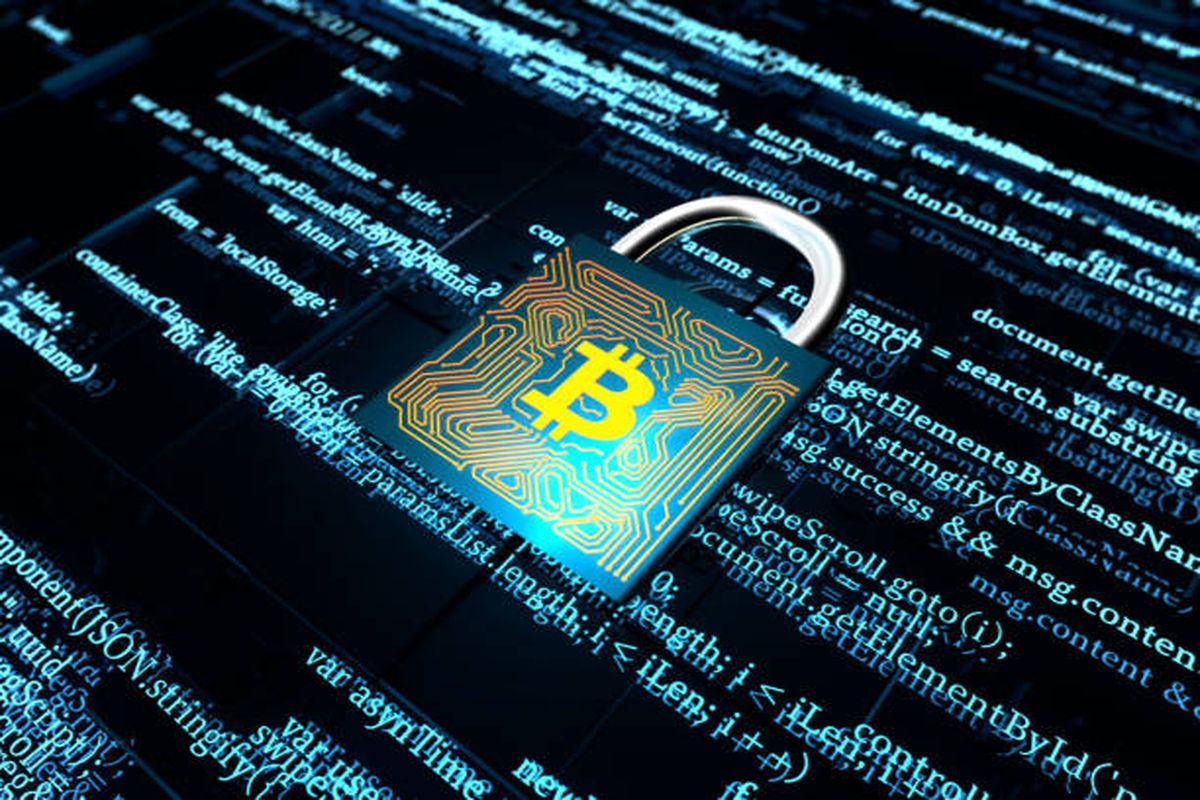Experts in the field of cryptocurrencies, no matter how well-versed or enthusiastic they may be, are aware of the many recent and emerging threats that exist in the industry. Some have experienced fraud firsthand, including blockchain investor and businessman Ian Balina, who claimed to have lost $2.5 million when his Evernote account was hacked and his private wallet important points were exposed.
Even experienced investors like Ballina can lose money or fall victim to deception when dealing with a new and potentially risky asset class like cryptocurrencies.
Most passive investors are advised by financial experts to limit their cryptocurrency exposure to no more than 5 percent of their portfolios and to never let the purchase of cryptocurrency prevent them from saving for crises or repaying off high-interest debt. So if you decided to make your first crypto transactions, take a look at these safety precautions;
The Red Flags To Avoid
First, keep an eye out for warning signs that are comparable to those found in traditional money transfer frauds and credit card theft.
- Mistakes in spelling and grammatical construction in written correspondence (emails, social media posts, etc.).
- Intentions to increase your wealth by a certain factor
- Involuntary contractual commitments to retain cryptocurrency without immediate exit
- People that pretend to have a lot of power or to be famous when they don’t
- Using coercive psychological techniques, such as blackmail or extortion.
- Big crypto schemes on social media
- Assurances of monetary benefits without the need to make any
- Unspecific explanations of where your money gets spent
Three Major Actions To Avoid Crypto Scams
The Apt Utilization Of Crypto Wallets
Your digital wallet needs the same level of security as your physical wallet does to prevent theft. Secure your digital assets the same way you would your physical cash, in a secure location like a safe or an FDIC-insured savings account or reliable trade assistance bots like crypto nation pro.
Those who have only a few hundred dollars’ worths of cryptocurrency, according to industry experts, are probably safe keeping it on a major exchange like Coinbase. However, if you store thousands of dollars worth of cryptocurrency, you should probably use a wallet.
Tracking Of Wallet Keys
According to Mac Gardner, a licensed financial advisor and the creator of FinLit Tech based in Florida, you only get a single unique identifier to access your wallet. Losing a key is almost like losing all the stored cryptos.
For security reasons, you should limit who has access to [your wallet key]. “It’s not the kind of thing in which you can miss your login information if you don’t write it down,” Gardner explains. There’s a procedure and a set number of digits or letters associated with every code. This digital area makes it possible to create highly unique experiences. Because if it wasn’t, then anyone could just walk in and steal your stuff, right?
Related: The Largest Crypto Scams Of 2022 (So Far)
Reporting Malicious Activities To Respective Authorities
If you suspect fraud or other illegal conduct using cryptocurrencies, please contact the appropriate authorities via the following links:
- The FTC: ReportFraud.ftc.gov
- The Commodity Futures Trading Commission (CFTC) at CFTC.gov/complaint
- The SEC’s Trader Compliance Registry can be found at sec.gov/tcr.
- If you believe or have evidence of fraud, you should notify the cryptocurrency exchange where you made the transaction.
Wrapping It Up
Bitcoin as well as other cryptocurrency tokens are vulnerable to lose due to theft, hardware failure, forgotten passwords, and other scenarios.
Though hot wallets are not as secure as cold storage (or offline wallets), which are not connected to the Internet, they do offer some users the convenience of instant access to their bitcoins. Anyone concerned about the security of their Bitcoin or other cryptocurrency holdings over the long run should seriously consider utilizing a hardware wallet.









